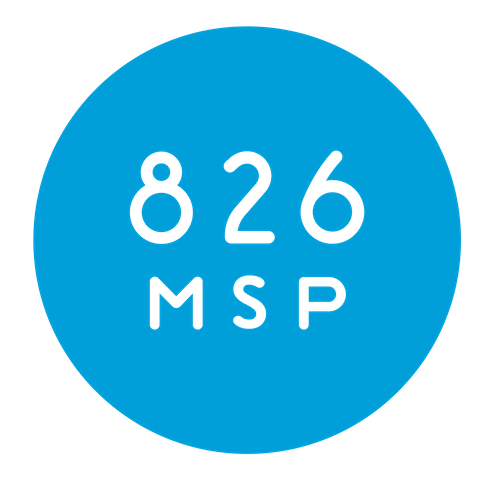So Much More than Pen to Paper - by Jeannine Erickson, Writers' Room Coordinator
*In light of the COVID 19 pandemic, 826 MSP has temporarily canceled programming in alignment with our schools. We are committed to maintaining engagement with and writing support for the students we serve and in providing ongoing opportunities for partnership and connection with local authors. Stay tuned for updates to come on 826 MSP’s remote-programming.*
In 2018, 826 MSP officially opened our first satellite-location Writers’ Room at South High School in Minneapolis. The Writers’ Room is a space for students, by students. Surrounded by caring adults, including 826 MSP staff and volunteers, as well as peer writing coaches, students come to the Writers’ Room to develop and grow as writers.
The Writers’ Room not only helps students with their writing via 1 on 1 coaching sessions and classroom workshops, it also offers a glimpse into what could be. By connecting our students and staff with local writers and hosting author visits (which then serve as in-school field trips) we beg the question “What if?” By connecting with authors who are representative of the students we serve, we create opportunities for students to gain further insight into the behind the scenes of writing, editing, and publishing.
A visit by Junauda Petrus, author of The Stars and the Blackness Between Them
To get a better insight into the impact our author visits have on students, I interviewed one of our Writers’ Room regulars, Jacob. Jacob is a senior at South who has expressed interest in writing as a career and often uses his time in the space to work on creative writing and developing believable characters. Check out his thoughts below!
Why do you think it’s important that we feature authors and connect them with students at South?
I think that introducing authors to students in a way that shows writing as something that's fun to do or is a way to express themselves…is really helpful because it can encourage people to want to write.
Jacob goes on about how writing in the eyes of high schoolers can seem “unattainable” given the academic focus on technical writing instead of creative writing. He appreciates the authors’ input on how to overcome writers’ block and the process that goes into making and publishing a book. This is especially important as writing in the classroom tends to focus on how to write the perfect essay instead of how to share students' stories in an effective and meaningful way.
A visit by Warda Mohamed Abdullahi. She is a student at St. Catherine University who will be publishing a memoir through Beaver Pond Press in 2020.
As the Writers’ Room Coordinator and as a black woman, one of my personal objectives is to disrupt and dismantle the oppressive institutions at play both in and outside of South High School. One way that my colleagues and I achieve this is by intentionally featuring and seeking authors of color to feature in our monthly author visits. I asked Jacob the following:
How does our intentionally featuring BIPOC authors impact you as a student of color?
I think it encourages me to at least try to write on my own. Even now there are a lot of black authors that I don’t know about, right? So it’s like I know that there have been a lot of black authors who have been successful, but there's not any that come to mind like J.K. Rowling and stuff like that, right? So I think it's good to have people of color that are here. Or authors of color that come here just because it kind of physically shows… that there are people of color who are successful writers.
Thus far in the 2019-20 school year, we have featured five authors: Warda Abdullahi, Naomi Kritzer, Junauda Petrus, Kelly Barnhill and Isela Xitlali Gómez R.
For our most recent visit with Isela, coaches and advisory members José and Chriz helped with promotion and led the interview which was facilitated in both Spanish and English. Events like this make the Writers’ Room even more accessible for Latinx students on campus, which is one of our goals.
Obviously, the world's problems cannot be solved with a single author visit or student testimony. But I know that if our space continues to light the spark in students' hearts, we can demonstrate that writing can be so much more than pen to paper.
Writing can be an act of revolution, and the students at South can be leaders toward positive change.




